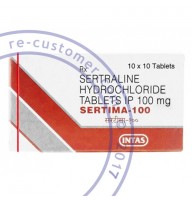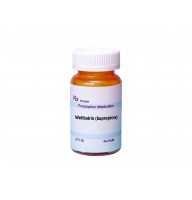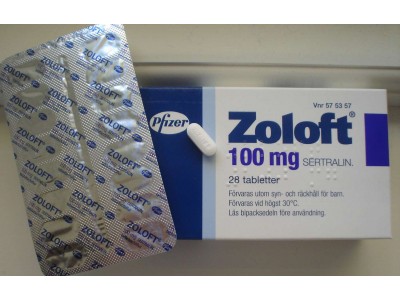Zoloft (sertraline) and Wellbutrin (bupropion) are often prescribed together to leverage the complementary effects of both medications in treating depression and other mental health conditions. Each drug works through different mechanisms and addresses various symptoms and side effects of depression, which can result in a more comprehensive treatment approach.
Zoloft is a selective serotonin reuptake inhibitor (SSRI) that primarily increases serotonin levels in the brain. This can help alleviate symptoms such as sadness, anxiety, and obsessive thoughts. However, SSRIs, including Zoloft, can sometimes cause side effects like sexual dysfunction, weight gain, and emotional blunting.
Wellbutrin, on the other hand, is a norepinephrine-dopamine reuptake inhibitor (NDRI) that increases the levels of norepinephrine and dopamine. It is known for its stimulating effects, which can help counteract fatigue and lack of energy, symptoms often associated with depression. Additionally, Wellbutrin is less likely to cause sexual dysfunction and weight gain, and in some cases, it can even aid in weight loss.
When prescribed together, Zoloft and Wellbutrin can provide a more balanced treatment approach. Zoloft addresses serotonin deficiency and anxiety, while Wellbutrin can improve energy levels, motivation, and focus by targeting norepinephrine and dopamine pathways. This combination can be particularly effective for individuals who do not respond adequately to a single medication or who experience undesirable side effects from one medication alone.
Combining these medications can also help mitigate some of the side effects associated with each drug. For example, Wellbutrin's stimulating properties can counteract the sedative effects of Zoloft, and its minimal impact on sexual function can help offset Zoloft's potential for sexual side effects.
As with any combination therapy, the decision to prescribe Zoloft and Wellbutrin together should be carefully made by a healthcare provider, considering the individual's specific symptoms, treatment history, and potential for drug interactions. Regular monitoring and follow-up are essential to ensure the effectiveness and safety of the combined treatment.


